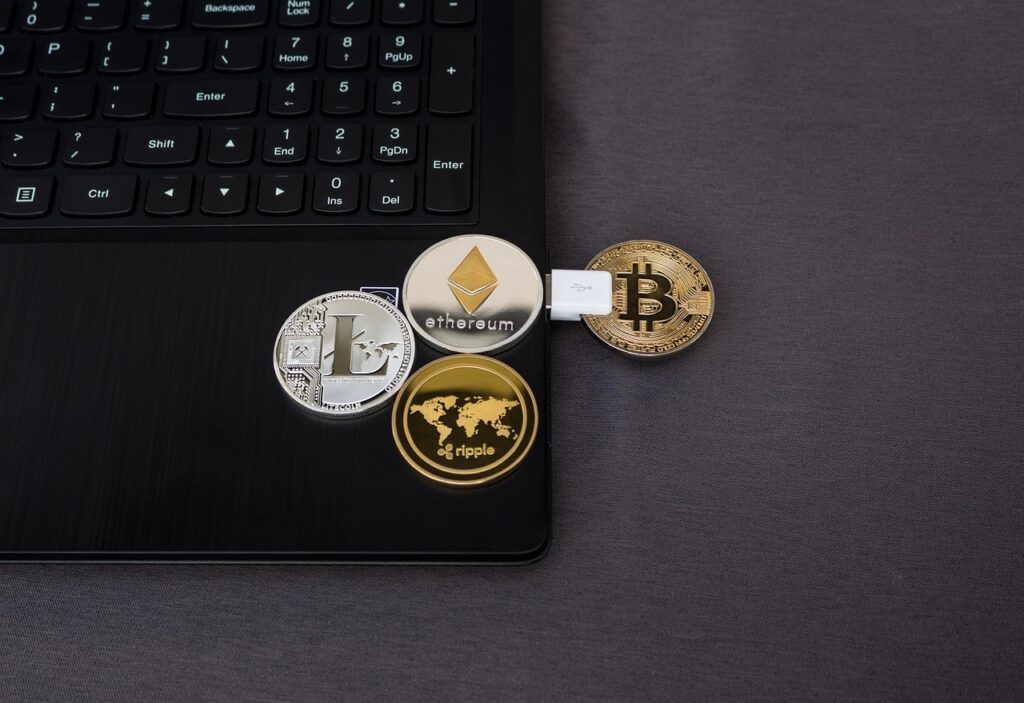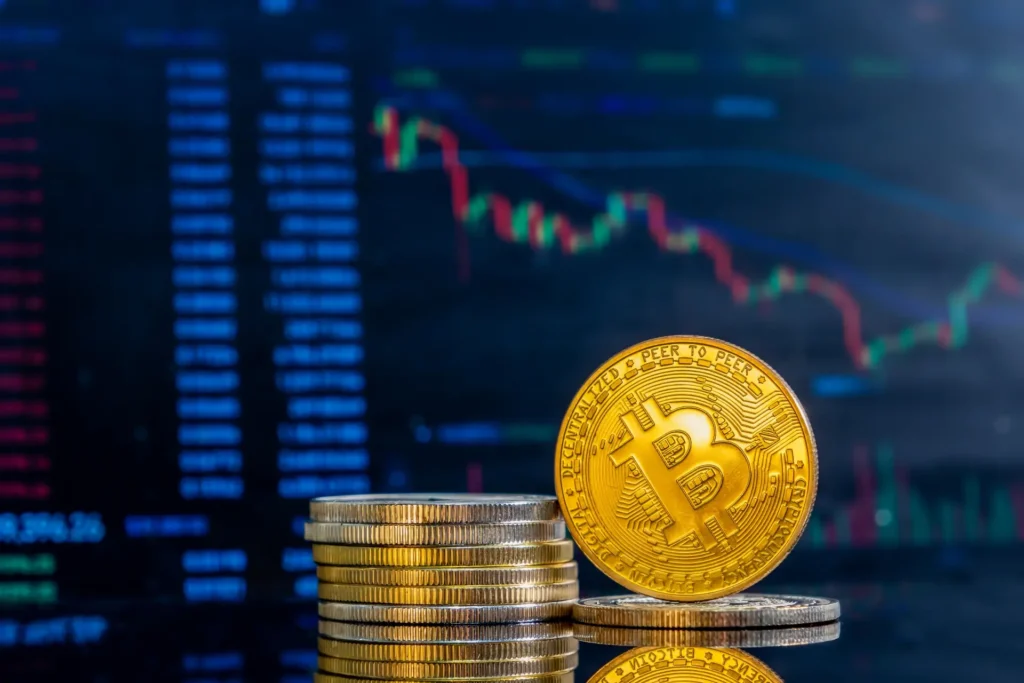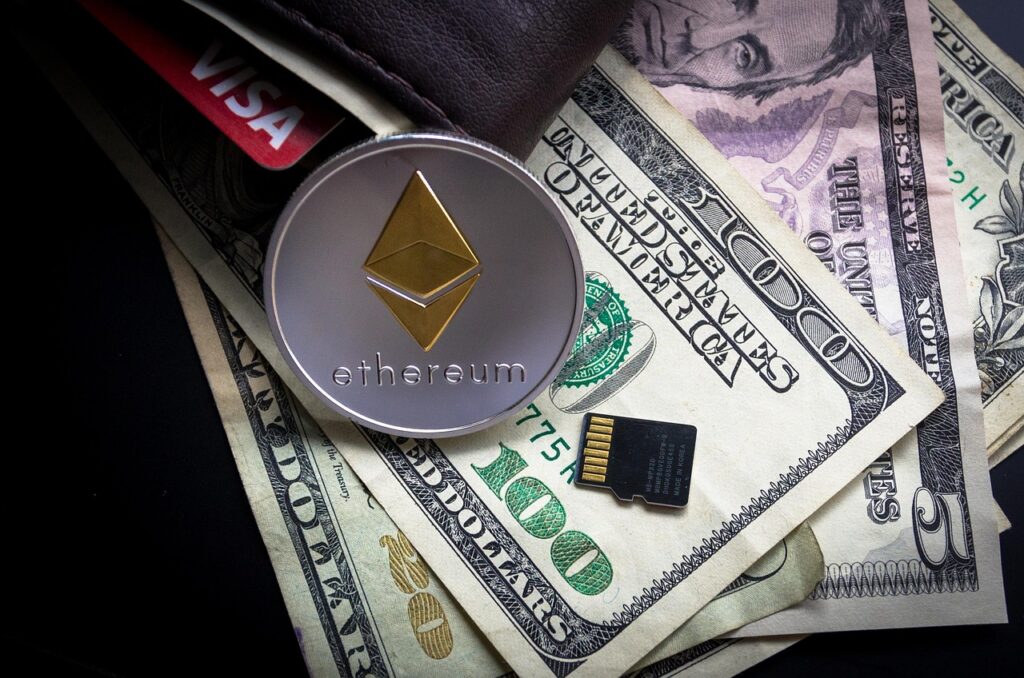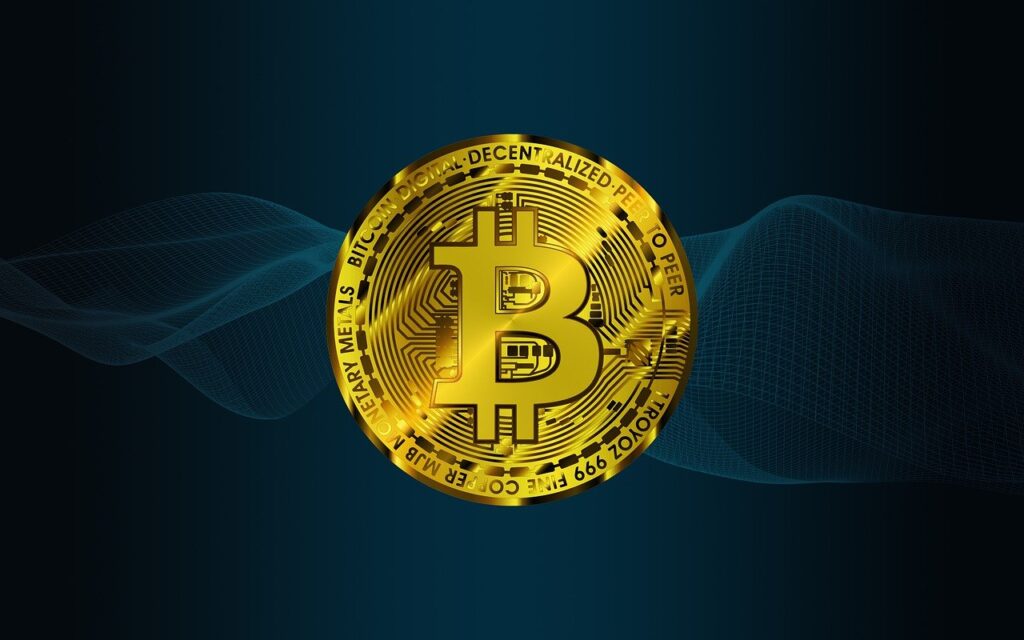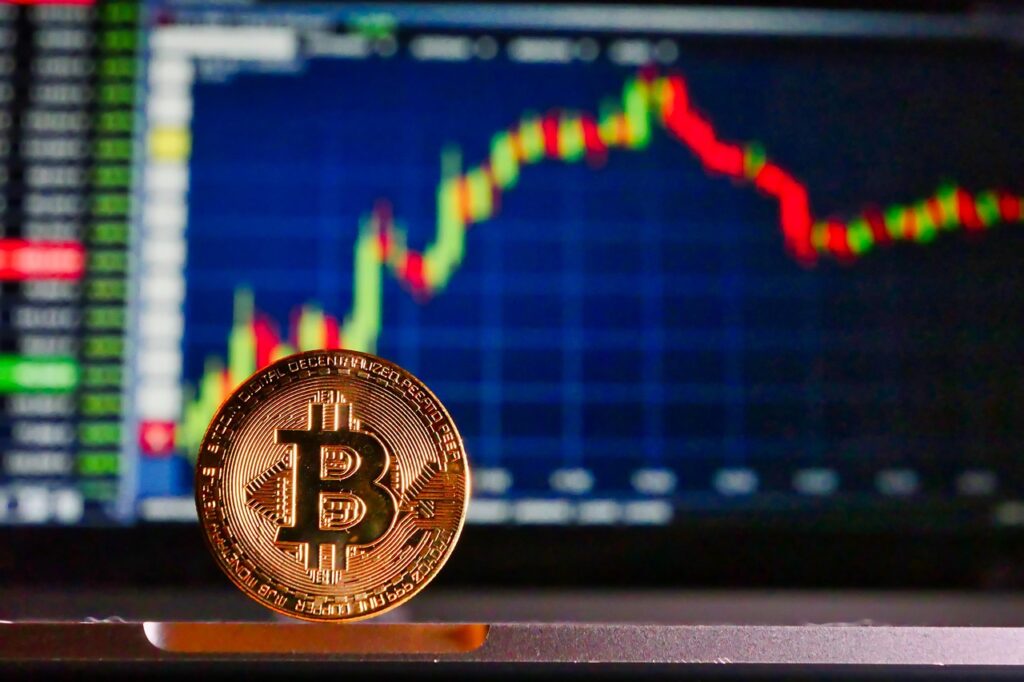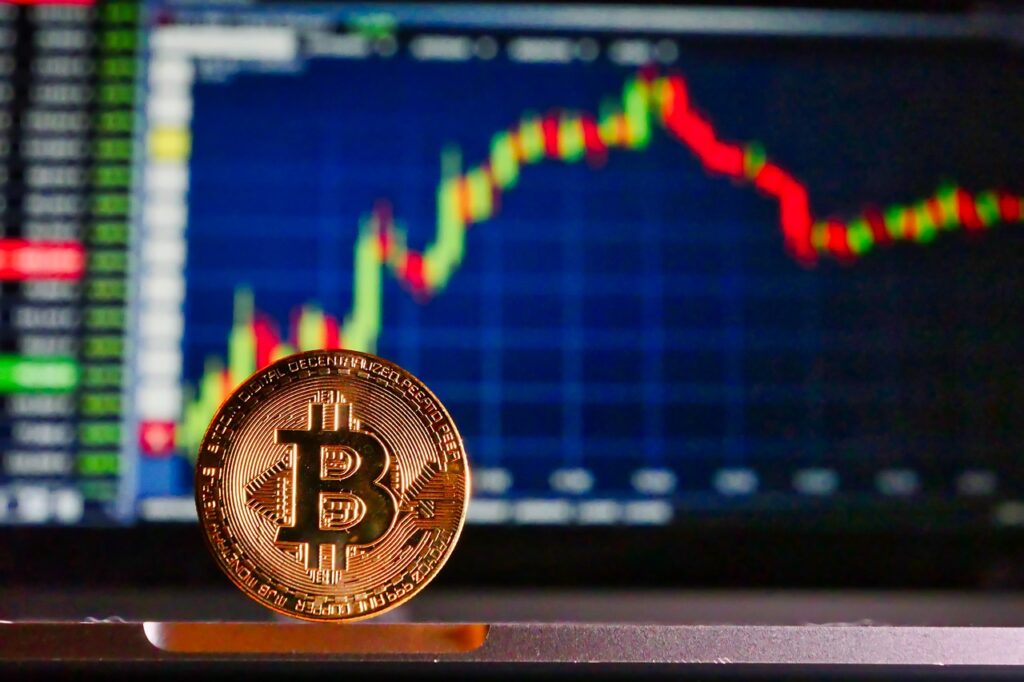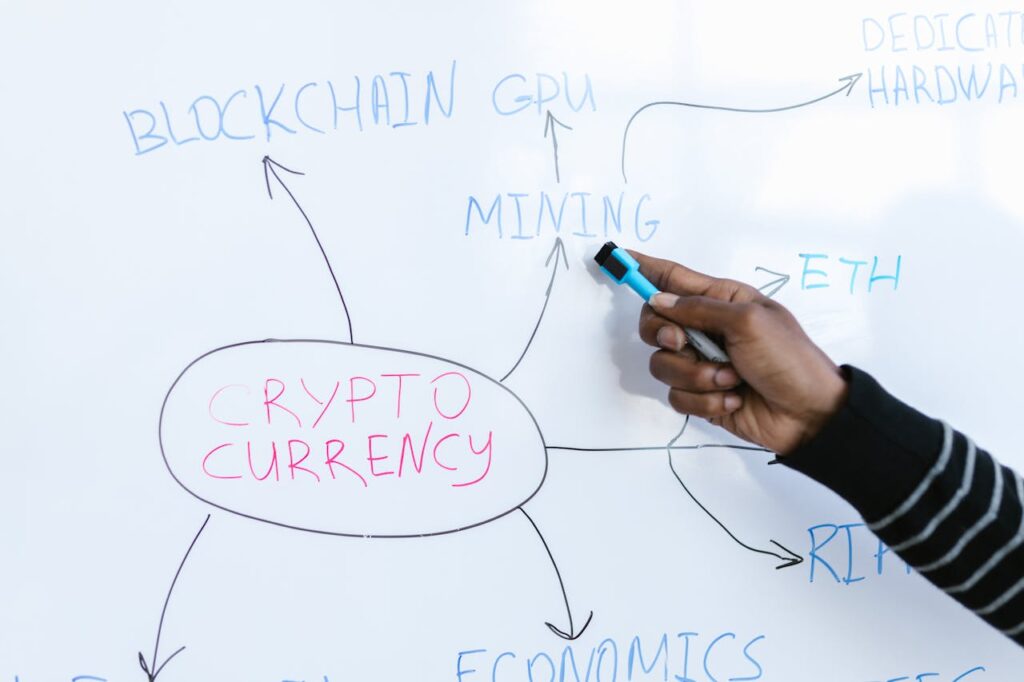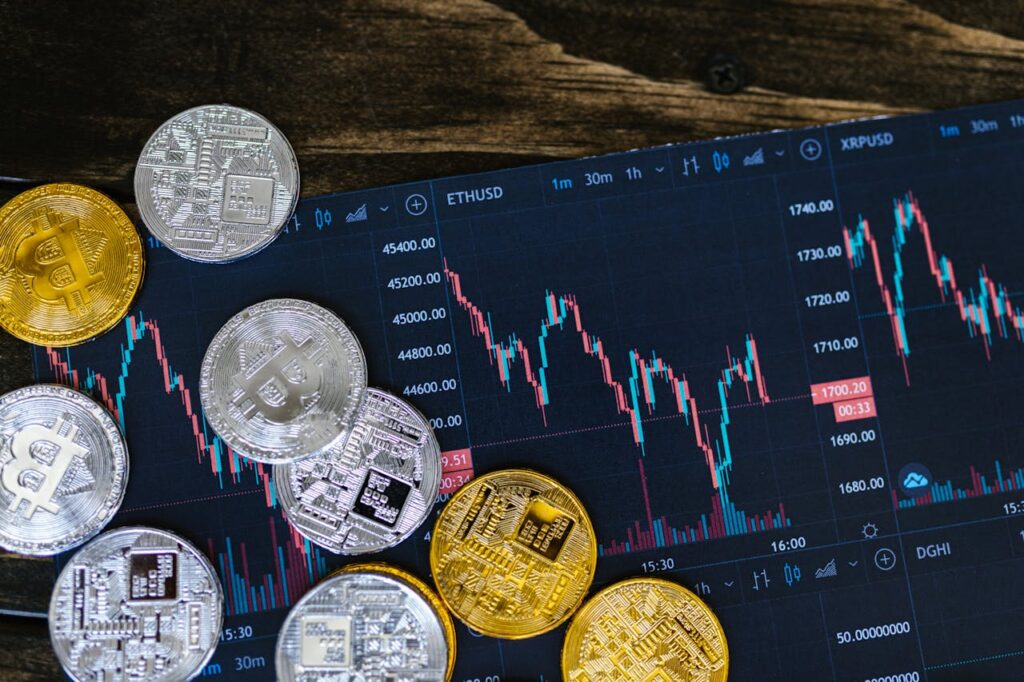Table of Contents
- 1 Understanding Decentralized Exchanges (DEXs): How Peer-to-Peer Crypto Trading Works
- 2 Decentralized Trading Explained: Your Introduction to Blockchain-Based Exchanges
- 3 How Decentralized Exchanges (DEXs) Function: A Deep Dive into Crypto Trading
- 4 The Primary Advantage of Decentralized Decision-Making
- 5 Decentralized Crypto Exchange (DEX) Explained: A Guide to Non-Custodial Trading
- 6 What is a Decentralized Cryptocurrency Exchange?
- 7 Final Thoughts
Understanding Decentralized Exchanges (DEXs): How Peer-to-Peer Crypto Trading Works
The explosion of trading in cryptocurrency has resulted in several exchanges built for the purpose of buying or selling digital assets. More specifically, decentralized exchanges (DEXs) have become very popular due to the safety, transparency, and user control that comes with it. What is a decentralized exchange and what exactly makes them operate? This article will explain the ins and outs of the decentralized exchange, its benefits, and how they compare to traditional exchanges.
Decentralized Trading Explained: Your Introduction to Blockchain-Based Exchanges
A decentralized exchange (DEX) is a type of cryptocurrency exchange that does not require possession, holding or safeguarding of assets to complete an exchange. DEXs are different than centralized exchanges (CEXs) like Binance and Coinbase in that they operate on a peer-to-peer (P2P) method and users directly send transactions to each other through smart contracts on the blockchain. This type of configuration helps maintain the privacy and security of transactions and allows users to control their assets without the need to involve third parties.
Decentralized exchanges (DEXs) use Blockchain Technologies for the respective networks like Ethereum, Binance Smart Chain, and Solana, and use protocols which are automatic – automated market makers (AMMs) or order books and make transactions possible.
How Decentralized Exchanges (DEXs) Function: A Deep Dive into Crypto Trading
Decentralized exchanges (DEXs) are not controlled by central actors, such as a centralized entity or system operator. Instead, trades between account holders and/or the execution of orders are conducted through smart contracts that are on the blockchain. Here is a brief explanation of how DEXs operate:
- Liquidity Pools: Many DEXs have users deposit or pool their funds into smart contracts (known as liquidity pools) that provide liquidity for trades. This liquidity is provided by providers, who receive trading fees by providing the liquidity for trades that occur within the DEX.
- Peer-to-Peer Trading: Most DEXs do not match buyers and sellers in a centralized way like a centralized exchange. Users use the DEX to create their trades for themselves using smart contracts on the DEX.
- Self-Executing: Smart contracts are automatically executed and time-dependent when the conditions are met. In a secure way, self-executing contracts improve efficiency.
- Non-custodial: DEX users control their own wallets because DEX’s do not hold your funds in the wallets prepared by the DEX, unlike CEX wallets. This significantly reduces the risk of fraud or hacks.
The Primary Advantage of Decentralized Decision-Making
Among the primary advantages of a decentralized system such as a DEX is the absence of central control. So, what could be the gravest disadvantage of central decision-making? Security, transparency, functioning in a secure manner, and autonomy. Decentralized platforms do not have one entity dictating or controlling them, so this directly reduces any attack, censorship, or impingement by regulators. Users exercise sovereign rights over their money, thus reducing the reliance on third-party custodians who can charge fees or set the restrictions.
Decentralized Crypto Exchange (DEX) Explained: A Guide to Non-Custodial Trading
DEX is also the term used for decentralized exchanges that are platforms for cryptocurrency trading, with no interference from any central agency. The exchanges use the technology of blockchain to ensure smooth and secure transactions.
- Key Characteristics of Decentralized Crypto Exchanges:
- More Security: Single failure points translate into cyber-attack risks.
- Anonymous Users: Anonymity might exempt one from KYC procedures, at least in some cases.
- Lower Costs: Trading with no intermediary means lower fees compared to centralized exchanges.
- Global Access: All users in the world can trade without facing any restrictions imposed by central authorities.
What is a Decentralized Cryptocurrency Exchange?
A decentralized cryptocurrency exchange is a type of decentralized exchange that is built specifically for cryptocurrency trading. Unlike traditional financial exchanges, these exchanges trade cryptocurrency assets, and use blockchain technology to settle transactions.
The primary differences between centralized and decentralized cryptocurrency exchanges include the following:
- Custody: Centralized exchanges hold the users’ funds, while decentralized exchanges allow users to have custody of their assets.
- Control: Centralized exchanges can close your account, while decentralized exchanges are completely controlled by the user.
- Regulation: DEXs face very little regulation when compared to centralized exchanges.
Final Thoughts
Decentralized exchanges are changing the way people trade crypto by providing a safer clearer, user-controlled, and transparent solution compared with centralized exchanges. Understanding what the decentralized exchange is, how it works, and its advantages can help investors and traders to navigate the changing world of digital assets.
That said, DEXs still must address the same problems as centralized exchanges – Data breach risks, phishing, identity theft and surveillance are all still issues on the blockchain. That said, as blockchain technology, and specifically the DEX model, continues to develop it will undoubtedly play a larger role in Decentralized Finance (DeFi). Whether you’re a novice or expert, understanding the differences between what a decentralized exchange is, and what is not in each situation can help you in making decisions and improving safety and personal freedom in the world of crypto.


